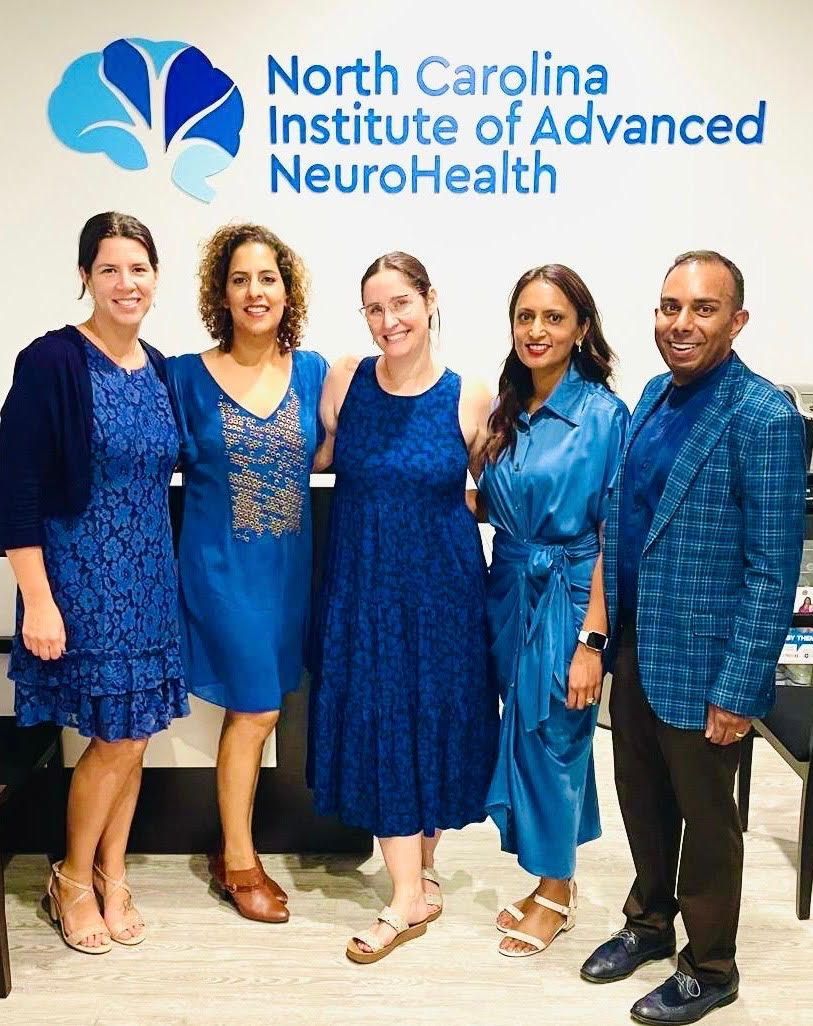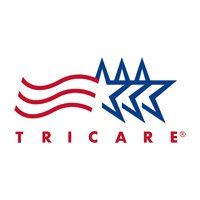Paris Hilton Takes the Stage: Breaking Mental Health Stigmas at BHT2024

At the 2024 Behavioral Health Tech (BHT) Conference in Phoenix, Arizona, the atmosphere was filled with anticipation as the spotlight turned to one of the most powerful advocates for mental health: Paris Hilton.
Dr. Vinay Saranga had the opportunity to attend the conference, where he met with other passionate professionals working to revolutionize mental health care. But it was Hilton’s keynote address that truly made an impact.
Known for her glamorous public persona, Hilton stepped onto the stage not as a celebrity, but as a survivor—a voice for those who, like her, have experienced trauma and struggled with mental health in silence.
The Power of a Celebrity Voice in Mental Health
When a public figure like Paris Hilton shares their mental health journey, it creates ripples far beyond the room. For years, Hilton has been known for her glamour and entrepreneurial success, but her recent advocacy work has revealed a deeply vulnerable side that resonates with millions.
During her keynote, Hilton spoke candidly about her experiences as a survivor of institutional child abuse and the lasting impact it had on her mental health. She spoke not just of survival, but of hope—hope that sharing her story would help others break the chains of shame and seek the help they deserve.
Her platform allows her to bring these issues to the spotlight, encouraging others to seek help and shattering the stigmas that often prevent people from reaching out. It’s a reminder that mental health struggles don’t discriminate—they touch every community, every age group, and every socioeconomic background.
Hearing Paris Hilton’s words was a reminder of the deep need for empathy in mental health care. It highlighted how trauma from childhood can last throughout a lifetime, affecting relationships, self-worth, and overall well-being.
After hearing her speech, it was clear that everyone in the room was connected in this fight for a world where healing is possible, no matter the past.
How Childhood Trauma Affects Adults
Hilton’s story shines a light on an important truth: the trauma we experience as children doesn’t just stay in the past. For many survivors, the emotional pain from those early years can stick with us, affecting both our mental and physical health as we grow older. It’s like carrying a heavy backpack that never goes away.
Even if you try to move forward, those old wounds can still weigh you down, making life harder than it needs to be. This is why it’s so important to recognize the long-lasting effects of trauma and to find the right help to heal. Healing isn’t easy, but with the right support, it is possible to lighten that load and begin to truly move forward.
- Emotional Impact: Survivors often experience chronic anxiety, depression, or PTSD. Feelings of worthlessness or guilt can stem from unresolved childhood experiences.
- Relationship Challenges: Trust issues, fear of vulnerability, and difficulty forming healthy connections are common struggles for those who’ve endured trauma.
- Physical Health: Research shows that early trauma can lead to long-term health issues, including heart disease, chronic pain, and autoimmune disorders.
Understanding the connection between early experiences and adult mental health is essential. It’s why compassionate, specialized care—like the kind Dr. Saranga and his team provide—is so important.
Breaking Through Trauma with Innovative Treatments
For individuals living with the weight of unresolved trauma or treatment-resistant depression, traditional therapies alone may not be enough. Advances in mental health care, however, are providing new hope for those seeking a breakthrough.
Transcranial Magnetic Stimulation (TMS)
TMS is a non-invasive treatment that uses magnetic fields to stimulate specific areas of the brain associated with mood regulation. It’s FDA-approved and particularly effective for those who haven’t found relief through medication or talk therapy. Many patients describe it as life-changing, helping them regain clarity, energy, and a sense of control over their emotions.
Ketamine Therapy
Once primarily known as an anesthetic, ketamine is now being used in controlled, therapeutic settings to treat severe depression and PTSD. By helping to “rewire” neural pathways, it can offer rapid relief from depressive symptoms, allowing individuals to engage more fully in other forms of therapy and healing.
A Customized Approach
Dr. Saranga and our team at The North Carolina Institute of Advanced NeuroHealth understand that mental health is not one-size-fits-all. Our approach focuses on getting to the root of each patient’s struggles, creating individualized treatment plans that may include therapy, medication, innovative treatments like TMS or ketamine, and lifestyle support.
Moving Forward Together
Dr. Saranga’s experience at BHT2024 reinforced the importance of community and innovation in mental health care. Events like this bring together thought leaders, advocates, and providers, all working toward a shared goal: helping people find their light in the darkest moments.
If you or someone you love is struggling with unresolved trauma or treatment-resistant depression, know that you’re not alone. Help is available, and breakthroughs are possible.
Contact
our compassionate team today to learn more about innovative treatments and personalized care. Together, we can help you move forward toward healing and hope.





















